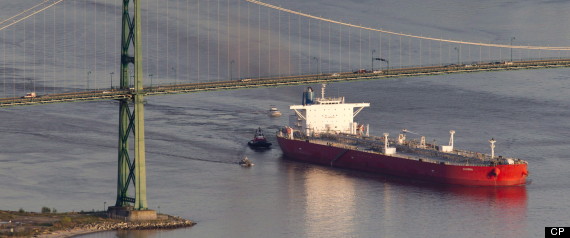With the rise of social media in today’s world, we are also seeing the rise of many companies cracking down on how their employees, prospective or current, use these tools. The debate on how companies should be able to interact with what their employees do on social networking sites such as Facebook and Twitter came up in a panel discussion outlined by Chris MacDonald in his blog post “Ethics, law, and social media in the workplace”.
In my opinion it should be understood that there is a clear separation between the life of an employee within the workplace and the life they host outside of it, including online. My biggest quarrel with companies deciding what can and can’t be posted to social media is it takes away the definitive quality a facebook page or twitter account is meant to create for an individual. Your friends on facebook don’t want be subscribed to a figurehead of a company, they’re subscribed to a real person whose likes and dislikes can’t always coincide with the ideal image a company might want to portray.
Adding to this, when companies limit their recruitment to people with “clean” social media accounts, they’re not hiring the full person.
Word Count: 201 Ethics, law, and social media in the workplace






